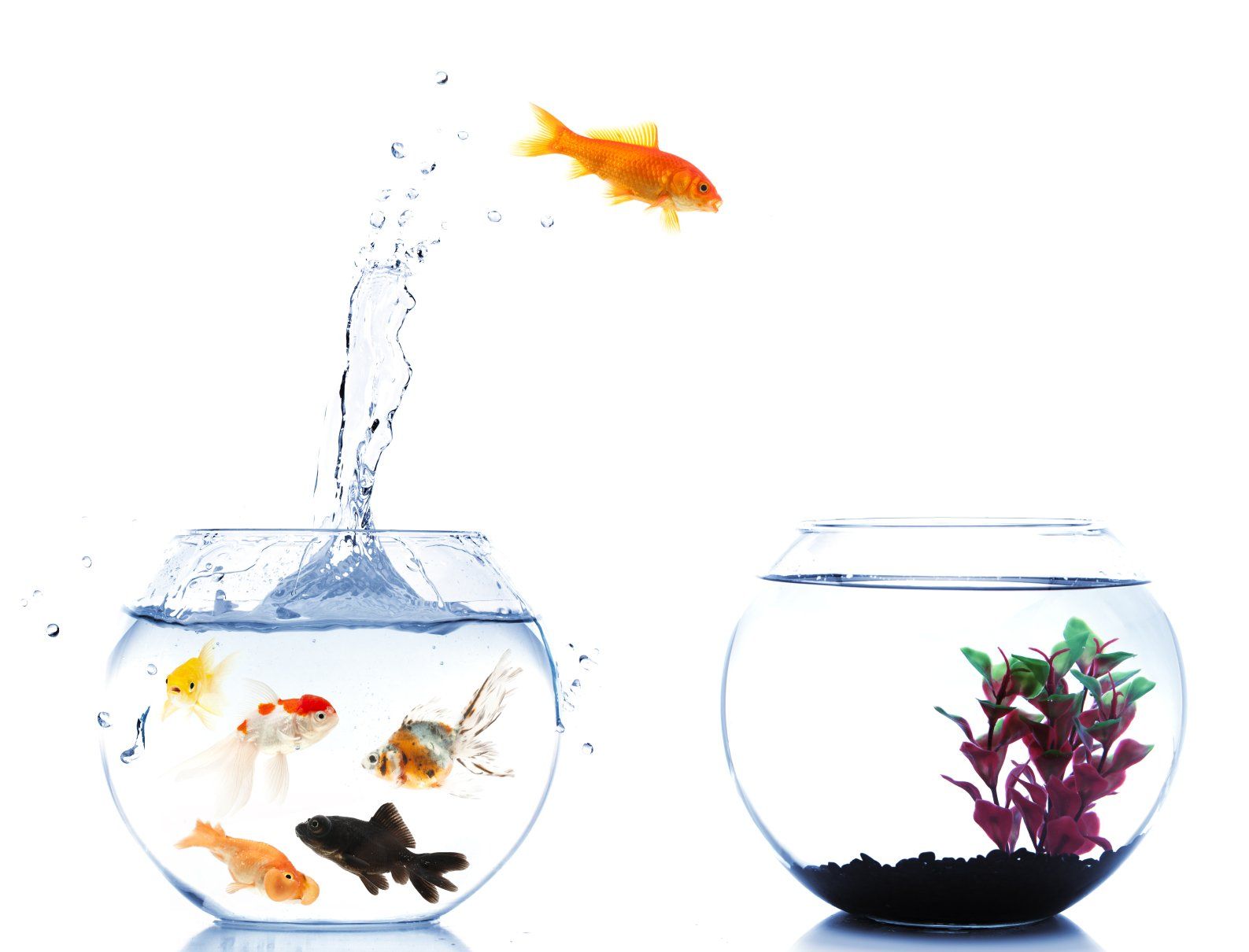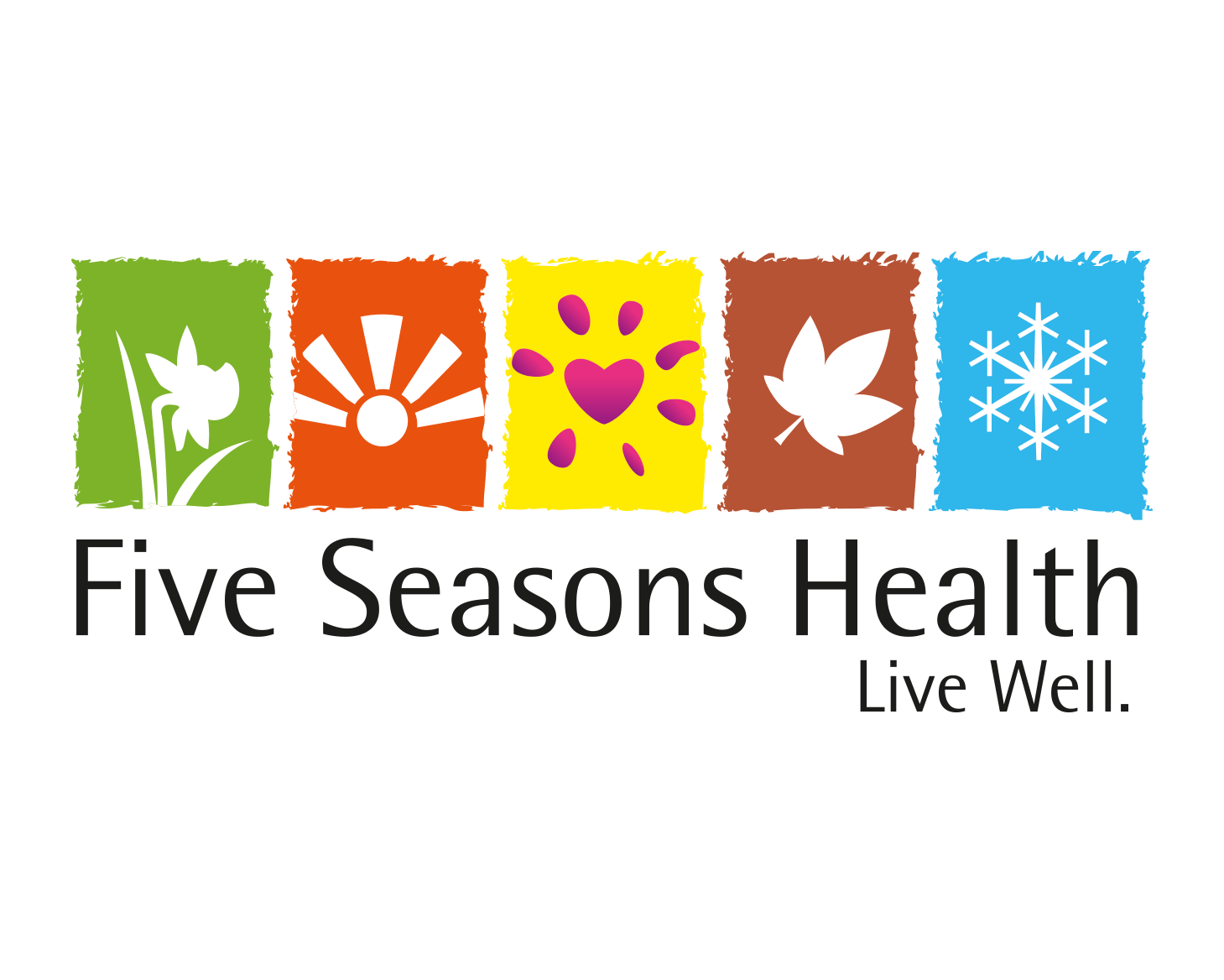


You may skeptical about the impact coaching will have upon your life. Tim Morin, President & CEO of executive coaching company WJM Associates says, “ Investing in people is not the same as investing in a new piece of equipment or a new software program ”. The same is true for health and wellness coaching. Investing in your wellbeing reaps benefits. How can we know this?
The obvious benefits are easy to understand: Happier, more efficient & self-sufficient, greater enjoyment of life within a chronic condition setting, improved peace of mind, richer relationships, greater physical health, acquisition of new & reusable skills – and the list goes on. Tying the benefits of a coaching experience back to a percentage number representing the return on your investment (ROI) is a little harder to define but not impossible. It gives a reasonable understanding as to whether your coaching cost (investment) is worth it. In this article we will take a look at measuring the tangible value of coaching.
Q: How?
A: We prepare for this during the coaching engagement as a part of goal-setting where you identify your health and wellness goals along with the key benefit expected and how it will be measured. This information is captured pre- and post-coaching and then plugged into the standard ROI formula:
%ROI = [(Benefits Achieved - Coaching Costs)/Coaching Costs] x 100
Q: How do we define the benefits achieved?
A: This requires careful identification of highest priority objective and expected benefit. Your coach will work with you early and extensively to do this. Once a goal is established, expected benefits are given a monetary value.
Q: Can you give me an example?
A: First, establish the goal. Let’s use “Taylor” as our example client. Taylor’s goal is: To feel more purposeful and satisfied with important decisions. Next, we solidify the tangible benefit expected. Taylor wants to achieve shorter time between choice and decision .
It takes Taylor about 3 weeks to make an important decision. Typically, Taylor procrastinates 3 days then spends an average of 1.5 hours daily in the decision-making process during the remaining 18 days ( e.g. clarifying what’s needed to make decision, researching choices, evaluating pros and cons of choices, getting quotes, etc.). Though in reality time is priceless, to arrive at a monetary value for time, we will assume value of Taylors time is equal to the value of the coach’s time and is:
Pre-coaching: Work hours to make a decision: (1.5 hours x 18 days) = 27 hr. Cost of Taylor’s time: 27 x 160= $4,320
Coaching investment by Taylor: 12 x 160 (12 hours over three months) = $1920
Post-coaching: With the same average work effort per day: 1.5 x 6 days, (no procrastination) = 9 hr. Cost of Taylor’s time: 9 x 160 = $ 1,440.
The monetary benefit of Taylor’s time savings: $4,320 - $1,920 = $,2880. Using this information, we calculate:
%ROI
= [(Benefits Achieved ( 2880
) - Coaching Costs ( 1920
) / Coaching Costs ( 1920
)] x 100 = 50%
Taylor has achieved a 50% return on the investment of coaching in terms of expedited and more confident decision making (same decision, less time). In addition, Taylor’s stress level caused by indecision and procrastination is reduced significantly and time is freed up for other activities. These are but a few positive outcomes of Taylor’s achievement.
Now, what investment in yourself are you willing to make for a better state of wellness? Remember also, there is a ripple effect (intangible) to better wellness – those people around you and important to you, including those you haven’t yet met, will benefit by your more satisfied self!
(original publication: 18 July 2018, The Northeast Georgian Newspaper, Healthy Living section)

In the field of human behavior and wellbeing, psychology occupies centerstage. After survival needs are met (safety and sustenance), humans seek fulfillment and contentment (a state of wellbeing). How we seek better wellbeing is unique for each of us. When we are ready, we act; we change. The psychology of change is a fascinating subject and provides reliable insight we can leverage to our advantage.
Fundamental change psychology models show that successful behavior and lifestyle change requires both readiness and motivation. The transtheoretical, or stages of change model, illuminates readiness. Generally speaking, we pass through very specific stages before we can to move from idea to habit [1] (changed behavior).
Once ready for change, we need to harness motivation and establish supportive structure to execute change. Here, we can apply another change psychology model; the elephant and the rider [2]. The rider represents your rational side (thinker, planner, outcome-focused, vigilant driver but tires easily). The elephant reflects your emotional side (gut feelings, ingrained habits, hates to fail, needs enticement, likes instant gratification). With easy changes, the rider has no trouble directing the elephant. But when in disagreement, the rider is no match for the elephant.
To tackle these disagreements (hard changes) we can tap the rider to analyze how best to tackle the change and we harness the elephant to help us devise a strategy to create a path of least resistance. By devising small steps with measurable goals to stay motivated (elephant moving) we are more likely to follow and remain on this path (rider guiding). A trainer (coach) can help the rider and the elephant travel more quickly and successfully from idea to habit.
(original publication: 18 Apr 2018, The Northeast Georgian Newspaper, Healthy Aging section)

Health and Wellness Coaching (HWC) professionals are seeing a growing number of people using their services. But what exactly is a HWC and could one make a difference in your wellbeing?
If you were to ask someone to tell you what a sports coach does, very few would have any trouble providing an explanation. Merriam-Webster defines “coach” as, “one who instructs or trains”.
But if you apply the same simple definition to a Health and Wellness coach, what is it exactly that they are “instructing” or “training”?
At Five Seasons Health, we encounter this question frequently; and rightly so because it’s a good one.
Health is more than just diet and exercise. Wellness is more than not being sick. Health and Wellness is a concept that encompasses the whole person. This is a partnership. You will have engaging and thought-provoking conversations about achieving better balance in very specific lifestyle areas and within your own set of health and wellness circumstances. In the process, your personal insight, motivation, goals for better wellbeing will emerge.
Areas include:
- Mindful Awareness – living with intentional, non-judgmental attention.
- Meaningful Work – satisfying use of time/talent.
- Relationships – Friends, family, colleagues, community are central to our wellbeing.
- Self-Care - Access to good health care and resources including evidence-based complementary care (chiropractic, massage therapy, yoga, etc.).
- Food – How and what you eat.
- Physical Activity & Relaxation – We are meant to move and to rest.
- Environment – Home, work, neighborhood, and nature.
The coaching relationship invites the creative freedom to discover places for positive change in your life. Simple changes make big impacts. Those simple changes are designed by you and often achievable in as little as three months.
Treat
yourself to a good year. Schedule your
free, private, confidential consultation and learn what’s possible!
(original publication: 17 Jan 2018, The Northeast Georgian Newspaper, Healthy Living section)

As human beings, we are uniquely hard-wired to seek purpose and meaning in our lives.
Purpose and meaning are defined for each of us by our values. Said another way, when we can make choices that align with our values, we are living with purpose and meaning. When in this mode, you are living a lifestyle of healthy wellbeing. Wellbeing is not about having perfect health and without difficult challenges or obstacles. It is about living well amidst life’s imperfections.
Did you set goals for this year? Of course you did. We all do. Which of your big goals for 2017 have been completed so far? How about the ones from 2016, 2015, or further back? If you are like most, you have one or more unmet goals. Most frequently these are important goals tied to improving wellbeing to live a happy, full, and balanced life.
So -- if we have these important wellbeing goals -- why do so many of us struggle to meet them? Very often we set these aside to a future date when we think we’ll have more time. Other times, the goals seem so big or fuzzy, we aren’t quite sure where to start. How then can we find the time, clarity, energy, inspiration, and motivation to tackle our goals in the present? By adding health & wellness coaching into your personal toolkit for success.
In the coaching relationship, you are recognized as the expert in your life. Your coach’s expertise lies in the collaborative and co-creative partnership with you specific to your personal wellness goals. Using evidence-based scientific principles and processes, you will discover your strengths, values, and priorities. You will emerge from your coaching experience with a higher state of health and wellbeing along with permanently reusable skills for future goals.
(original publication: 18 Oct 2017, The Northeast Georgian Newspaper, Active Living section)
All Rights Reserved | Five Seasons Health Coaching & Consulting Services




